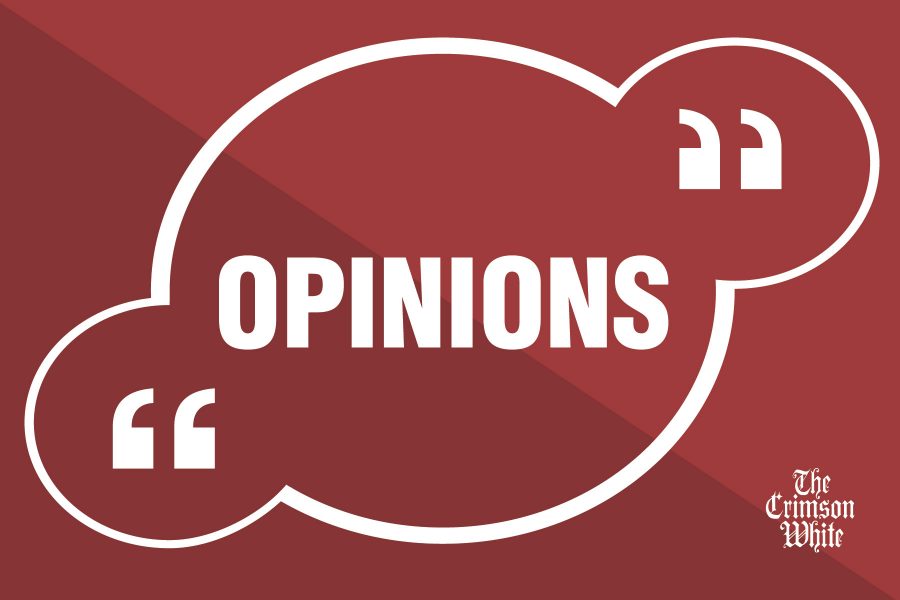Currently, a rule set by the Federal Communications Commission (FCC) protects our digital privacy by banning Internet service providers (ISPs) from selling our browsing data. But that could change very soon. Last week, the United States Senate voted to allow ISPs to sell our Internet history – without our permission. Soon, the House of Representatives will vote on the same issue.
But maybe you don’t think this is concerning. After all, you don’t do anything you’re ashamed of online, right? Who cares if Verizon is selling the fact that you spend too much time on Facebook? Yet, what many people don’t realize is the extent to which someone’s Internet history can be used to create a frighteningly accurate picture of a person. By looking at someone’s browsing history, you can often see their political beliefs, their religion, their sexual orientation, their health problems, and more. Even seeing when someone is online can tell you when they’re home or not. It’s not difficult to envision a situation where, knowing their search history is being tracked, a person with alcoholism, scared of their insurance premiums going up, doesn’t utilize the resources available online and dies a preventable death.
Google and Facebook already track our browsing history do this, to some degree. It’s why Google made over $79 billion in advertising revenue in 2016. However, for users concerned about privacy, it’s easy to avoid using Google or Facebook; it is much harder to avoid being tracked by your ISP. And while some smaller ISPs have pledged to protect their users’ privacy, the ISPs that the vast majority of Americans use have made no such promises.
Now, there are other concerns besides the issue of Verizon telling Target that I spend a lot of time looking at video game websites so they can try to sell me a new PlayStation. This is an issue of intellectual privacy. Neil Richards, author of the book Intellectual Privacy: Rethinking Civil Liberties in the Digital Age, defines intellectual privacy as “needing to have protections from being watched and interfered with when we’re making up our minds about the world.” If we know our actions are being tracked, we are less likely to click on a webpage with a controversial idea, or to discuss sensitive topics.
Open and equitable access to information is a privacy issue, but also a civil rights issue. A world where someone with the resources and knowledge to download a VPN (Virtual Private Network) or use TOR (The Onion Router) to access information has more intellectual freedom than someone else is downright dangerous. If someone’s only access to the internet is through an ISP that sells their information, they don’t have the same freedom of inquiry that is needed for intellectual growth.
This is not a new fight. The American Library Association has been fighting for intellectual privacy since its founding in 1876. Libraries have always been at the forefront of the fight for intellectual freedom, taking their patrons’ privacy very seriously. Libraries and librarians have fought FBI attempts to access patron records, track reading habits and access records and information through the Patriot Act. The ALA even has extensive resources on privacy, because they recognize their role as providers of information. ISPs should follow their lead. The internet is the largest source of information that has ever existed. We need to take it seriously and work to defend equal, unmonitored access to information. Allowing ISPs to not only skirt that responsibility to defend intellectual privacy, but to actively work to dismantle it, should be disturbing to anyone who values free inquiry and the exchange of ideas.
Danny Pelavin is a senior majoring in political science and history. His column runs biweekly.






